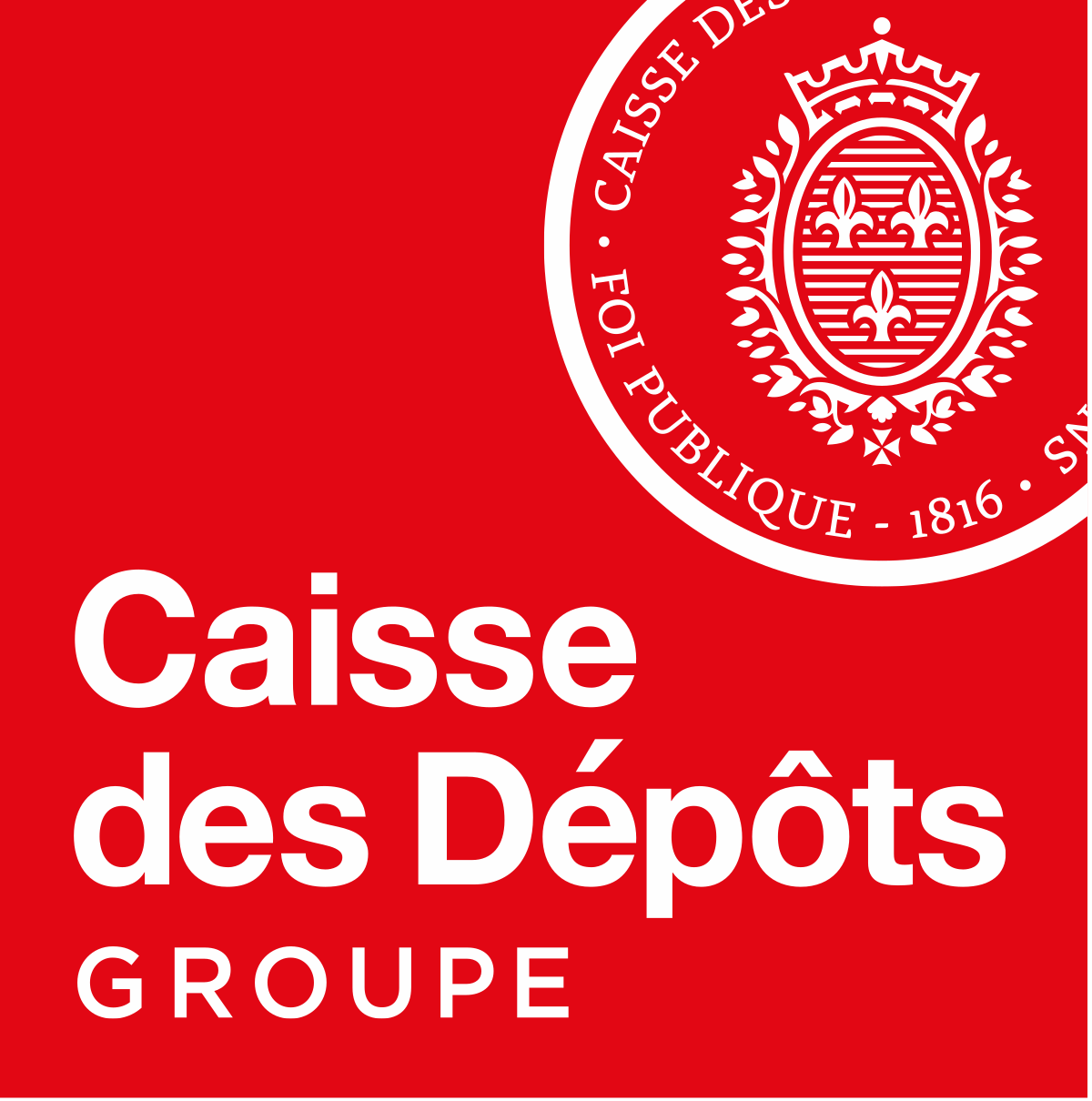
Can you tell us a little about yourself?
My name is Hocine Tandjaoui, retired and writer, having worked for over 25 years at the Caisse des dépôts et consignations (CDC) where I was successively in charge of social engineering, housing finance, urban development and finally international cooperation, until my retirement in 2013. In 1996, having been entrusted with economic integration issues, CDC entrusted me with monitoring SIDI and representing it on the Board of Directors. In 2013, I returned as an individual shareholder to SIDI, to the Supervisory Board, and in this capacity as a member of the Board of the ACTES foundation.
Caisse des Dépôts is a long-standing shareholder of SIDI, having acquired a stake in its capital as early as 1986. How does this investment fit in with the missions of this public institution?
At the time of SIDI’s creation, CDC was embarking on its most ambitious program of support for urban policy, which included dimensions such as economic action in neighborhoods and the development of economic integration structures. For these reasons, the public sector was bound to be interested in the financing of social integration and micro-credit. That’s why CDC, alongside other financial institutions, has been a shareholder in SIDI since 1986. In addition to this equity stake, CDC was also involved in the development of solidarity savings: participation in the Fonds Nord/Sud Développement[1], investment in the capital of the Fonds Commun de Placement “Faim et Développement”, and creation of the Finansol collective[2].
That said, the relationship between SIDI and CDC has also led to interactions and exchanges in terms of sector analysis and methodologies, sometimes unexpected but fruitful! For example, in Haiti, following the devastation caused by Hurricane Georges in 1998, CDC sent out a mission to identify areas where its assistance could be most useful. Very quickly, alongside the need to rebuild school facilities, we identified the needs of the microfinance sector and met the leaders of these organizations. From this initial contact, SIDI took over to build a long-term partnership in Haiti. In the case of the JAIDA microfinance refinancing fund in Morocco, without the experience I gained at SIDI, I would not have been sufficiently motivated to help set it up. Indeed, the subject was a difficult one, as Morocco at the time had a dozen or so microfinance institutions, most of them in great difficulty, with highly fragmented financial resources, from local banks or international financial institutions. After an in-depth diagnostic phase, CDC and CDG decided to make this a priority area of their cooperation, in association with AFD and KFW, until its creation in 2007.
[1 ] The Fonds Nord Sud Développement was launched in 1985, aiming to combine performance and solidarity-based investment by investing in a combination of supranational debt and microcredit companies, with the support of companies such as SIDI.
[2] to become FAIR in 2021
